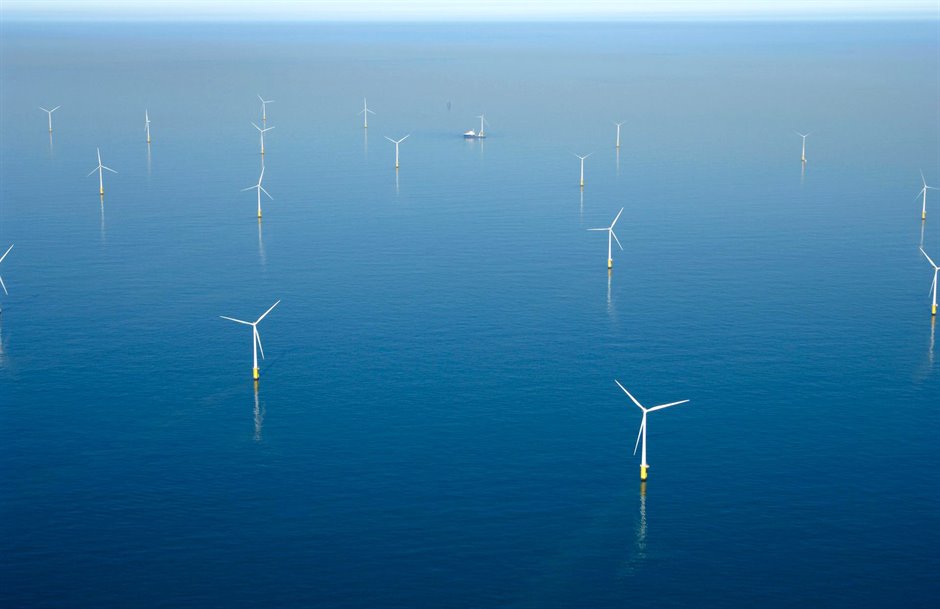North Sea countries help each other in knowledge community
The number of wind farms in the North Sea is increasing. Consequently, there is more need for North Sea countries to exchange experiences and knowledge about these wind farms. The knowledge community “North Sea Shipping Group” (NSSG) was created to address this need. "The focus is on sharing knowledge and the latest developments ," states Joris Brouwers, chairman of the NSSG. "As such, we help each other to step in the right direction," adds Alma Kanders-de Hoop, secretary of the NSSG.
The knowledge community mainly focuses on sharing plans, information, tips and tricks. Brouwers: “Because we exchange these in an early stage, potential challenges are detected and openly discussed in a timely manner. Otherwise, these insights only come to light in the formal consultation process.” Countries learn from each other's experiences and knowledge. Whether they apply this in their policies, that is up to the countries themselves. "You help each other to move in the right direction. That does not mean that it is obligatory to go that way, but you do hope to end up with a streamlined policy," Kanders-de Hoop continues.

Each country is represented
The participating countries are situated near the North Sea: Belgium, Denmark, Norway, Sweden, France, Germany and the United Kingdom. The NSSG convenes four times a year. This includes one physical meeting, that is held in one of the participating countries. In these meetings, each country is represented by one or more persons. A permanent aspect is the exchange of the latest state of affairs about developments, both in the spatial field and in other fields that may be relevant from a shipping perspective. Kanders-de Hoop: "Each country presents their developments. For example, findings of experiments on incidents in wind farms or experiences with emergency rescue are presented. Afterwards, we share these presentations and other relevant documents on an online platform. As such, all participating countries have access to this information.”
Expanding network
The community allows for greater outreach and faster responses. "If you ask a question at the end of a meeting, three, four hands are raised in no time. There's always someone who knows where you can find help. Or someone who knows more about the subject and is willing to give a presentation in the next meeting", Brouwers explains.
Although Brouwers considers the rise of virtual meetings as a positive development, he does emphasize the added value of physical meetings. "Especially for knowledge exchange, virtual is fine. But if you really want to move forward, really want to cooperate, a physical network has so much added value. Furthermore, it also determines the atmosphere in the group; the informal setting."
The power of informality
A true characteristic of the community is its informality. "Which is, in fact, very nice," states Kanders-de Hoop. "You don't have to deal with formal protocols. You can brainstorm freely and don't have to coordinate anything. We don't make official decisions. That is not our goal. The informality is the strength of it all." Joris adds: "It's low-threshold. Precisely the informal cooperation leads to very practical and workable solutions."